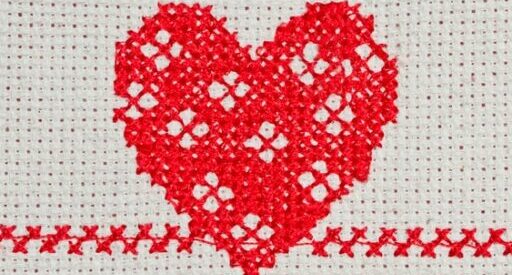Sustainable Fashion Shines at Lagos Fashion Week with Local Fabrics
In the vibrant heart of Africa, Lagos Fashion Week has once again brought together the continent’s innovative spirit and a growing commitment to sustainability. This year’s event, which ran through Sunday, highlighted the use of local materials, upcycling, and the rich tapestry of African craftsmanship.
Designers from all over Africa converged to display their creations, putting eco-friendly practices and traditional fabrics front and center. The spotlight fell on brands that aren’t just redefining fashion but are also championing environmental consciousness.
Table of Contents
The Rise of Sustainable Fashion in Africa
Lagos Fashion Week has turned into a beacon for sustainable fashion. Designers here love pushing boundaries, creating eco-friendly collections that feel fresh and thoughtful.
Sustainability—often tossed around as a buzzword—took on real meaning this year. The focus shifted to rethinking materials and processes, all in an effort to shrink fashion’s environmental footprint.
One of the standout figures was Ukanireh, founder of Nigerian brand Eki Kere. She’s known for her creative use of raffia and keeps finding new ways to elevate her brand’s sustainability.
This year, she introduced indigo and dyes made from kola nuts, all while sticking to her raffia roots. Her collection, inspired by traditional wedding ceremonies in Ikot Ekpene, featured biodegradable and compostable materials like cardboard, linen, and raffia.
Green Access: Nurturing Young Designers
Back in 2018, Lagos Fashion Week founder Omoyeni Akerele and her team launched Green Access, an incubator program for young African designers. It’s all about encouraging designers to make sustainable choices at every step of their creative process.
By understanding the importance of materials, these young talents are learning to create eco-friendly fashion. Akerele has said that sustainability should sit at the core of design practices, and the program’s been a launchpad for new, environmentally conscious talent.
Swapshop Events: Promoting Circular Fashion
This year, Lagos Fashion Week introduced “Swapshop” events, where attendees could trade clothes they no longer wear for something new to them. The idea is to promote circular fashion, cut down on waste, and make wardrobe updates feel a bit more meaningful.
Businesswoman Danielle Chukwuma, a regular attendee, praised the concept. She pointed out how it lets people refresh their closets without buying new stuff, which sounds like a win for both style and sustainability.
Spotlight on African Designers
The event also gave a platform to designers from across the continent. Indian-Kenyan designer Ria Ana Sejpa, the creative mind behind LilaBare, made her third appearance at Lagos Fashion Week.
Sejpa’s creations, crafted from pineapple fibre, banana fibre, and even coffee grounds, show her commitment to sustainability. She’s passionate about considering the ecosystem, environment, and community in every step of the fashion process.
Celebrating Traditional Fabrics and Techniques
Florentina Hertunba, another rising star, weaves traditional Nigerian fabrics like aso oke and akwete into her designs. She’s big on using locally available materials and biodegradable packaging, which is a step forward for sustainable fashion.
Her knack for recycling old fabrics into new creations really stands out. Hertunba’s commitment to sustainability pops up in every piece she makes, and it’s pretty inspiring to see traditional techniques getting a modern, eco-friendly twist.
Challenges and Opportunities
Still, there are hurdles. The culture of overconsumption lingers, and Hertunba pointed out the dangers of always buying new clothes for every occasion.
If sustainable fashion is going to stick, consumers have to get on board with more responsible habits. The journey isn’t over, but Lagos Fashion Week shows that Africa’s designers are making real progress—celebrating local materials, traditional techniques, and inventive practices along the way.
Conclusion
Lagos Fashion Week keeps pushing boundaries in innovation and sustainability. The event put the spotlight on African designers who aren’t afraid to shake things up with eco-friendly practices.
Ukanireh showed off some wild raffia pieces, while Sejpa went with garments made from pineapple fibre. It’s all about making choices that help both the environment and local communities.
If you’re curious and want more details, check out the original article on France24.

